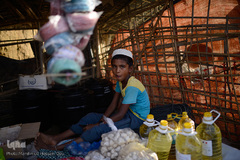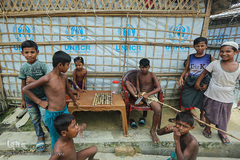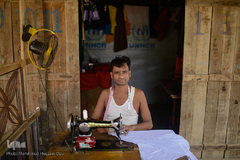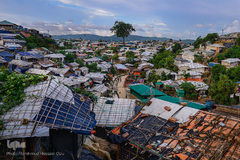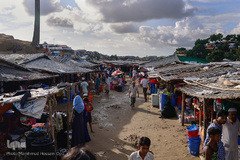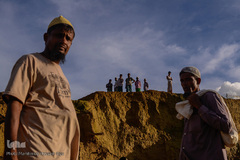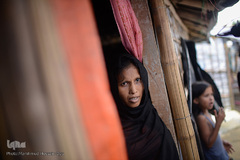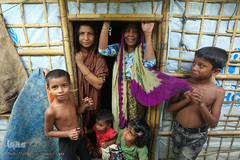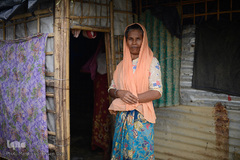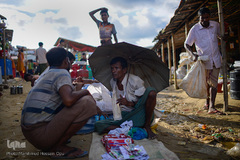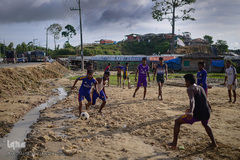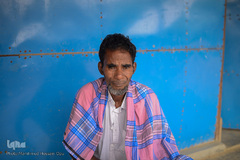Rohingya Muslim Refugees in Bangladesh 2 Years after Exodus
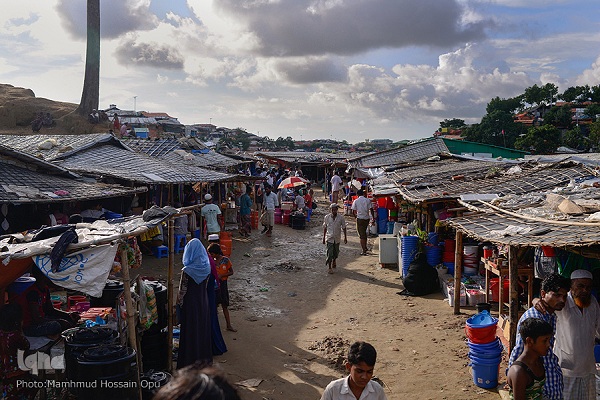
This Sunday marked two years since the Myanmar military launched operations in Rakhine State which forced more than 740,000 Rohingya women, men and children to flee their homes and villages.
The brutal campaign was marked by widespread atrocities, which a UN investigation team has said amount to crimes against humanity and likely genocide.
Despite international outrage and the adoption of a UN Human Rights Council resolution to pursue accountability in Myanmar, the generals who oversaw the attacks on the Rohingya are still in their posts.
In January 2019, Amnesty International documented how the military had carried out new war crimes during the conflict with the Arakan Army in Rakhine.
The Rohingya continue to be denied their rights on both sides of the Myanmar/Bangladesh border. In Myanmar, hundreds of thousands of Rohingya live under a system of apartheid, confined to overcrowded camps and ‘prison’ villages where they are denied freedom of movement and have severely limited access to schools and health care.
The military tightly controls access to Rakhine State, which means international oversight to monitor anyone who returns will be extremely difficult. For the past two months, authorities have imposed a telecommunications blackout on northern and central Rakhine State, isolating those areas even further.
The military’s murderous purge of hundreds of Rohingya villages in northern Rakhine State in late 2017 killed at least 10,000 Rohingya women, men and children, according to an estimate from the UN Fact-Finding Mission, and forced more than 740,000 to flee across the border into Bangladesh, where they remain today.
A June 2018 Amnesty International report named 13 officials in the security forces – all the way up the chain of command to Senior General Min Aung Hlaing – who should be investigated and prosecuted for crimes against humanity. The European Union has imposed targeted sanctions on 11 of the 13 singled out in that report.
In Bangladesh, more than a million Rohingya, including people who fled previous waves of violence, live in refugee camps where they are often denied basic rights. The Bangladeshi government imposes severe restrictions on their lives – they cannot work or move around freely, and children cannot go to school, according to Amnesty International.



